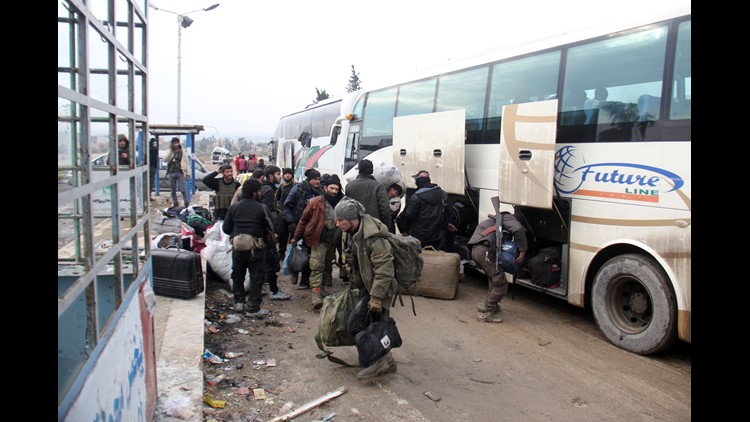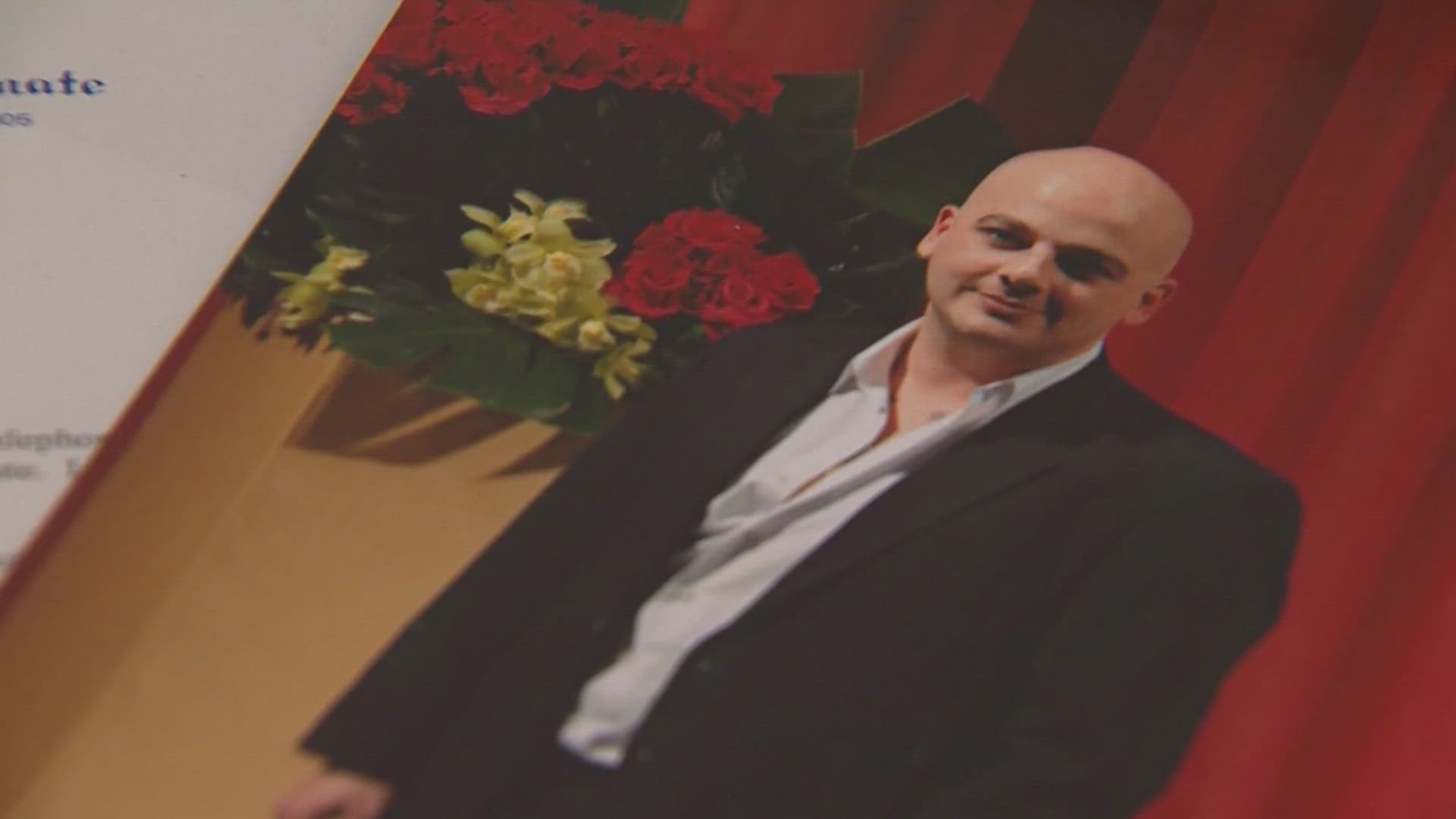The last "remnants" of rebels and their supporters have been evacuated from eastern Aleppo and the government has regained full control of the embattled city, the Syrian military said Thursday.
The Army issued a statement announcing "restoration of security and stability to Aleppo after liberating it from terrorism and terrorists," the state-run Syrian News Agency said.
Aleppo is now essentially under full government control for the first time since rebels took command of eastern parts of the city in 2012. Earlier this week, the U.N. Security Council approved a plan to send U.N. monitors to oversee the evacuations.
Recapturing the last holdout enclaves of the city mark Syrian President Bashar Assad’s biggest victory in the nearly 6-year-old civil war. An estimated 500,000 people have been killed and millions forced to flee their homes during the conflict.
Assad called the liberation of Aleppo a victory not just for Syria but for all nations contributing to the fight against terrorism, particularly Iran and Russia.
“It is also a relapse for all the countries that are hostile toward the Syrian people and that have used terrorism as a means to realize their interests,” Assad said.
The International Committee of the Red Cross, which administered the Aleppo evacuation effort, tweeted earlier Thursday that heavy snow and wind were slowing the process.
More than 30,000 rebels and civilians have left former rebel-held enclaves in eastern Aleppo since last week, the United Nations said. The evacuation of the last patients from hospitals in the area was finalized Wednesday.
A United Nations General Assembly resolution calling for a war crimes investigation, however, drew outrage from Syria and Iran.
The resolution, approved Wednesday by a vote of 105 to 15 with 52 abstentions, calls for the U.N.'s Syrian Commission of Inquiry to "collect, consolidate, preserve and analyze evidence of violations of international humanitarian law and human rights violations and abuses" in preparation for criminal proceedings.
The resolution, put forward by Liechtenstein and Sunni-led Qatar, drew the ire of Iran and Syria. Syrian U.N. Ambassador Bashar Jaafari told the General Assembly the plan is "a flagrant interference in the internal affairs of a U.N. member state." He also claimed that trials would undermine efforts at reconciliation and jeopardize prospects for a political solution to the crisis.
Gholam Hossein Dehqani, Iran’s ambassador and deputy permanent representative to the U.N., issued similar complaints and decried a "double standard."
"The international community should seek ending impunity everywhere in the world, including in the Occupied Palestinian territory, Yemen and all other territories that are facing foreign interventions and/or aggressions," he said.



